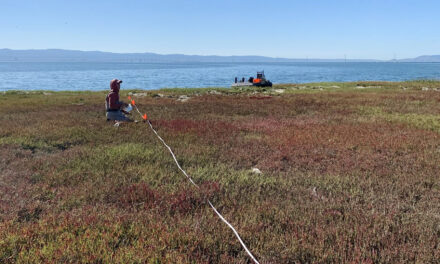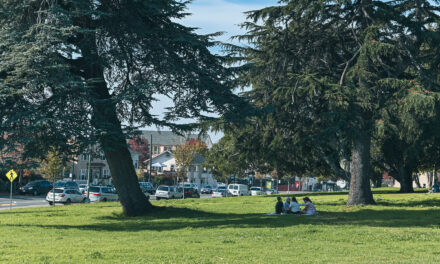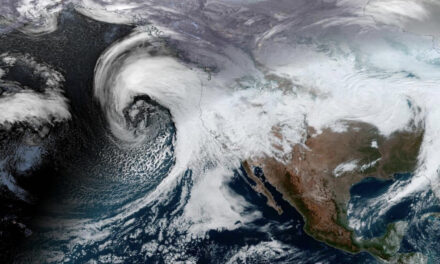Muggy Days, Sleepless Nights
In mid-August, temperatures in the Sonoma Valley approached 100 degrees Fahrenheit several afternoons in a row. At night, relief came for residents of the region as the mercury plunged some 40 degrees, back into the more moderate mid-50s. Such temperature swings are normal for much of California, where dry summer air, though hot by day, cools rapidly at night.
But scientists say this pattern will change in the future. Not only can Californians expect hotter heat waves, but climate modeling has also shown that extreme heat events of California’s future will be accompanied by more humidity. Humid air holds more heat and under muggier conditions, high temperatures tend to linger longer into the night, with less cooling between sunset and sunrise.
This will make heat waves of California’s future more dangerous, according to Kristen Guirguis, a project scientist with Scripps Institution of Oceanography whose research includes a focus on weather extremes and health impacts.
“When it’s humid, perspiration is less effective at cooling,” Guirguis says.
In much of the world, people accept hot weather and muggy nights as routine, but for people in typically cool regions, heat waves can be disastrous.
“People near the coast are less acclimated to high temperatures,” Guirguis says.
Coastal residents tend not to have air-conditioned homes, and are more physiologically susceptible to heat stress than their inland kin.

Cooling center for some Sonoma County residents in summer 2022. Photo: Jacoba Charles.
In a 2014 paper published in the Journal of Applied Meteorology and Climatology, Guirguis and her coauthors wrote, “The north coast contributes disproportionately to the statewide health impact during heat waves, with a 10.5% increase in daily morbidity at heat-wave peak as compared with 8.1% for the Central Valley and 5.6% for the south coast.” Guirguis says a similar pattern occurs temporally, with early-season heat waves particularly stressful for people still tuned to mild winter conditions.
Scripps climate scientist Alexander Gershunov, one of Guirguis’ coauthors, says officials should consider California’s changing climate — especially the forecasted muggier nights — in planning for community cooling centers during extreme heat waves.










